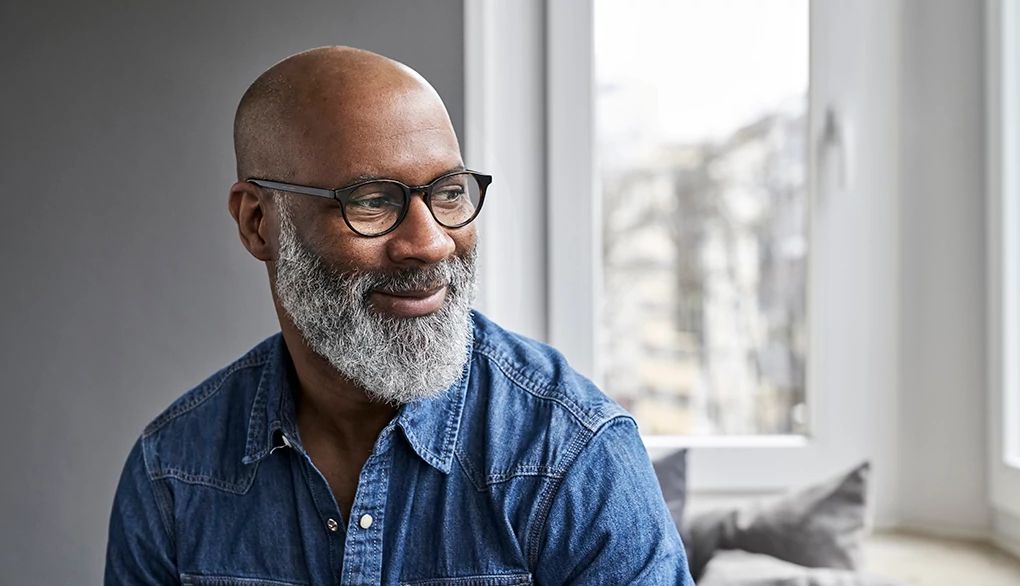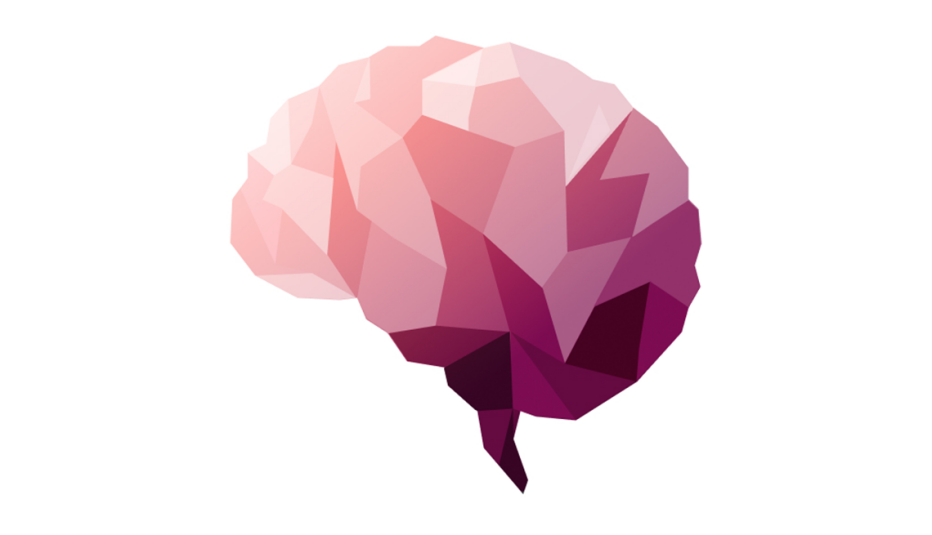Challenges
- right_container
- Assessment
- Challenges
- 6 Pillars of Brain Health
- Memory & Focus
- Best Of
- Recipes
- Videos
- Games
UHCRA
Prudential
One Pass
MS15
A Healthy Brain at Any Age
Our brain evolves with age. Here’s what happens to your brain in your 30s, 40s, 50s, 60s and beyond.


CONTENT CONTINUES AFTER ADVERTISEMENT
More Content to Explore
Legal Disclaimer: Staying Sharp, including all content and features, is offered for informational purposes and to educate users on brain health care and medical issues that may affect their daily lives. Staying Sharp is based on a holistic, lifestyle approach to brain health that encourages users to incorporate into their daily lives activities that are associated with general wellness. Nothing in the service should be considered, or used as a substitute for, medical advice, diagnosis, or treatment. Features including the Cognitive Assessment and Lifestyle Check-Ins, Additional Tests, exercises, and challenges assess performance at a particular moment in time on certain discrete cognitive tasks. Staying Sharp games are intended for entertainment and recreational purposes only. Various factors may affect performance, including sleep, tiredness, focus, and other social, environmental, or emotional factors. Performance is not indicative of cognitive health and not predictive of future performance or medical conditions.
Unused AARP Rewards points expire 12 months after they are earned, in monthly batches on a rolling basis.











